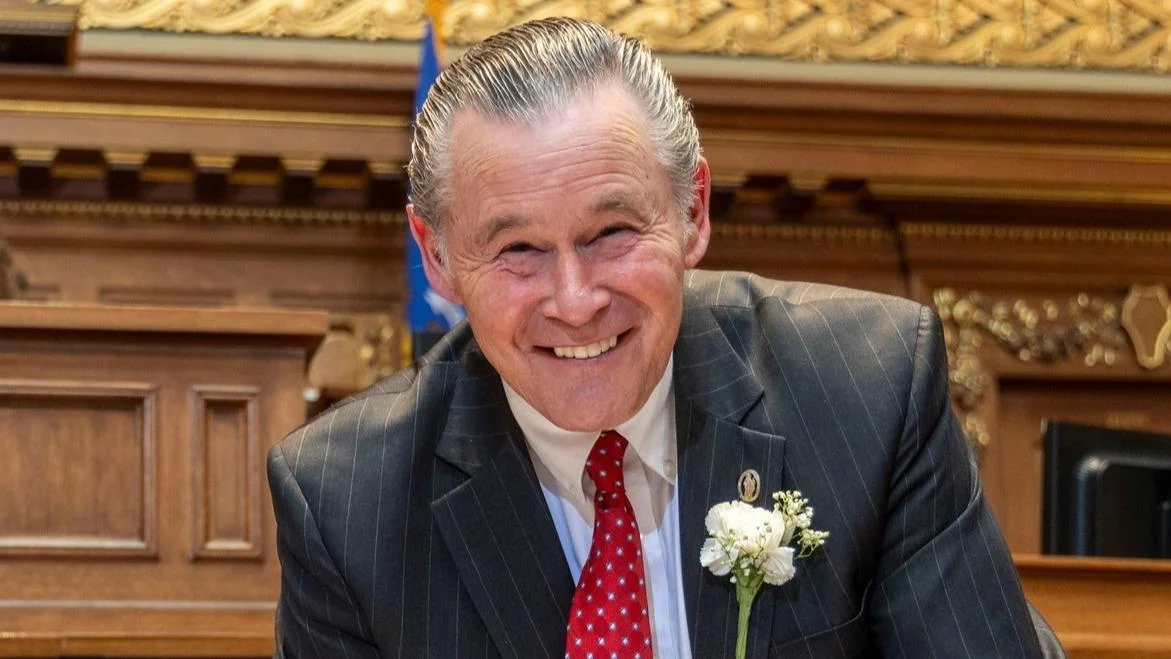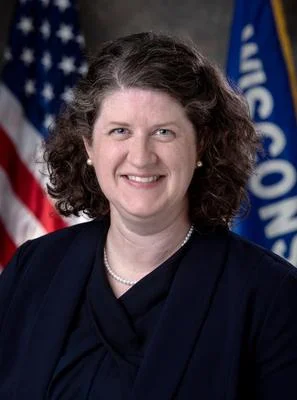Robert G. Donovan, Wisconsin State Representative for 81st District | Official Website
Robert G. Donovan, Wisconsin State Representative for 81st District | Official Website
According to the Wisconsin State Legislature's official website, the bill was described as follows: "recommendation to revoke extended supervision, parole, or probation if a person is charged with a crime. (FE)".
The following is our breakdown, based on the actual bill text, and may include interpretation to clarify its provisions.
In essence, this bill mandates that the Department of Corrections recommend revoking the extended supervision, parole, or probation of individuals who are charged with a crime while on release. It amends the statutes to specify that if the department alleges a violation of the conditions of extended supervision, parole, or probation, and the person is subsequently charged with a crime, a recommendation for revocation must be made. The bill also details the process for revocation hearings, including the roles of hearing examiners and potential waiver of hearings by the individual charged. The provisions first apply to charges filed on the bill's effective date.
The bill was co-authored by Senator Rob Hutton (Republican-5th District), Representative Cindi Duchow (Republican-97th District), Representative Daniel Knodl (Republican-24th District), Representative Dave Maxey (Republican-83rd District), Representative David Murphy (Republican-56th District). It was co-sponsored by Senator Julian Bradley (Republican-28th District), Senator André Jacque (Republican-1st District), and Senator Jesse L. James (Republican-23rd District), along four other co-sponsors.
Bob G. Donovan has co-authored or authored another 20 bills since the beginning of the 2025 session, with none of them being enacted.
Donovan graduated from St. Francis De Sales Seminary and again from the University of Wisconsin- Milwaukee.
Donovan, a Republican, was elected to the Wisconsin State Assembly in 2025 to represent the state's 61st Assembly district, replacing previous state representative Amanda Nedweski.
In Wisconsin, the legislative process starts when a senator, constituent, group, or agency proposes an idea for a bill. After drafting, the bill is introduced, numbered, and referred to a committee for review and public input. If approved, it moves through three readings and votes in both the Senate and Assembly. Once both chambers pass the same version, the bill goes to the governor, who can sign it, veto it, or let it become law without a signature. Only a small share of bills introduced each session ultimately become law. You can learn more about the Wisconsin legislative process here.
| Bill Number | Date Introduced | Short Description |
|---|---|---|
| AB85 | 02/28/2025 | Recommendation to revoke extended supervision, parole, or probation if a person is charged with a crime. (FE) |
| AB78 | 02/28/2025 | Impoundment of vehicles used in certain reckless driving offenses. (FE) |
| AB77 | 02/28/2025 | Registration plate concealment devices and providing a penalty |
| AB75 | 02/28/2025 | Department of Justice collection and reporting of certain criminal case data. (FE) |


 Alerts Sign-up
Alerts Sign-up